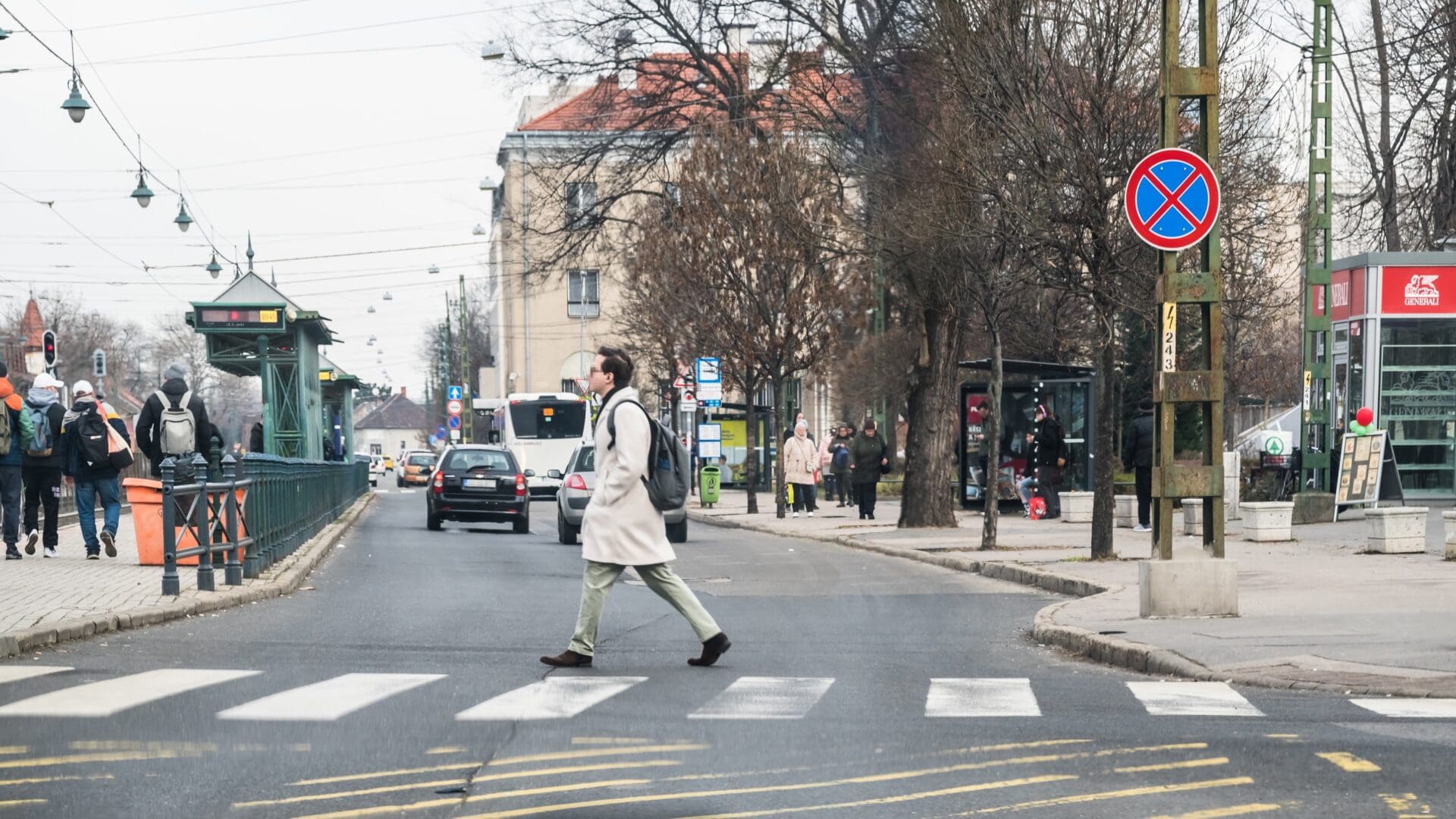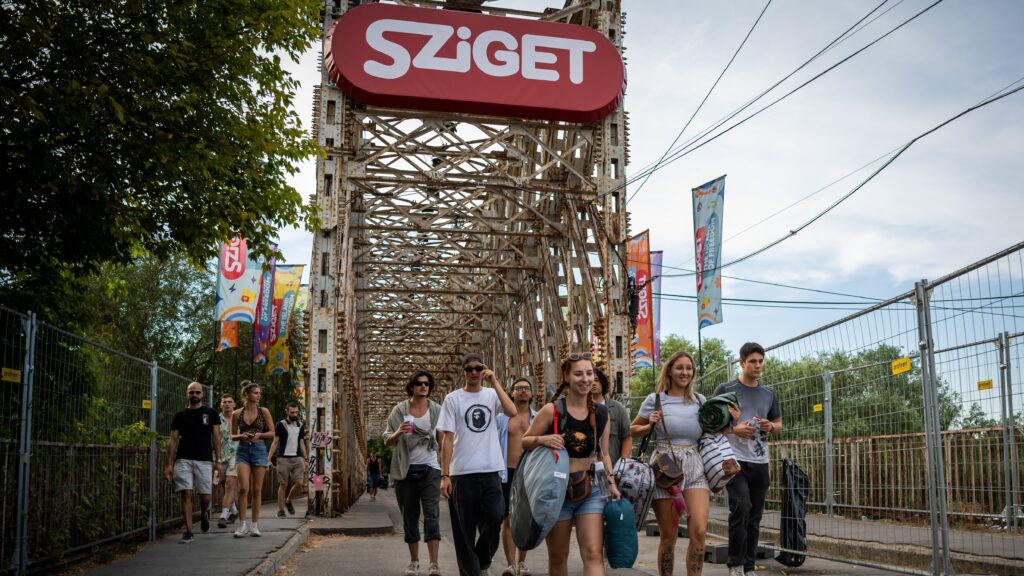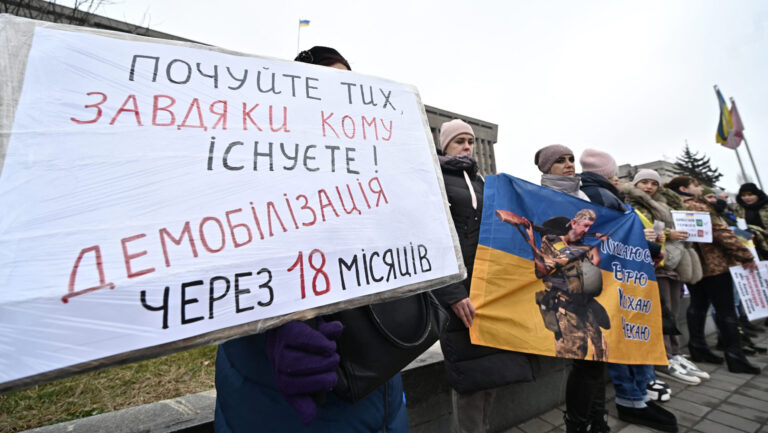After extensive professional, scientific, and societal consultations, the Ministry of Construction and Transport has initiated the reform of Hungary’s traffic code (KRESZ). According to the government decree published in the Hungarian Gazette, the establishment of the new traffic rules system is proceeding in five main areas.
The renewal of the traffic rule system and the development of the new KRESZ (Unified Traffic Rules) will be launched along five main thematic areas. Within the traffic code, the possibilities for improving the human factor will be examined, including training, the analysis of educational backgrounds and traffic culture, as well as making the penalty system and road inspection activities more effective. The review of the road management rule system will also take place, and the technical requirements for vehicles will be modified along with the possibilities for the application of self-driving technologies.
The Ministry of Construction and Transport stated over the past year and a half, the ministry has surveyed the expectations of professional, scientific, interest representation, and civil organizations involved in road traffic. They have collected proposals from scientific, professional, or interest representation organizations and identified the main problem areas that form the basis of the review criteria.
The ministry also announced that by 31 March 2025, recommendations for the new regulations will be proposed, involving János Lázár, the Minister of Construction and Transport, as well as the Interior Minister, the Minister leading the Prime Minister’s Office, as well as the ministers in charge of culture, innovation, justice, and public administration and territorial development.
János Lázár highlighted in the summer of 2023 that the last time a comprehensive regulation of domestic traffic took place was thirteen years ago. Since then, many things have changed; for example, a thousand kilometres of new motorways have been built in Hungary, and many roads have been renovated. However, citizens’ habits have also changed; many more people use roads more frequently and in more diverse ways.
‘Pedestrians, cyclists, rollerbladers, motorists, taxi drivers, bus passengers use the roads, so today there are traffic structures that were unheard of fifteen to twenty years ago in Hungary. The new KRESZ will provide appropriate responses to these changes. Our primary concern is to protect vulnerable road users, specifically pedestrians and cyclists,’ the minister stressed.
Read more on the subject:








